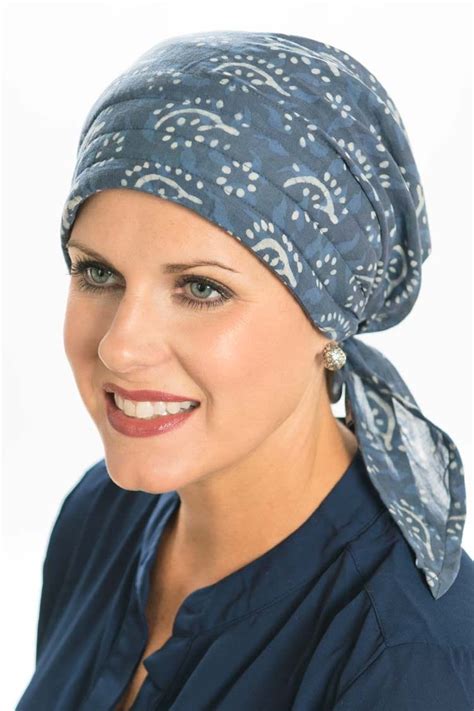It is estimated that around 80 million people in the United States suffer from hair loss, and this number is only expected to grow in the coming years. Hair loss can be a distressing condition, affecting both men and women. While there are many causes of hair loss, some of the most common include genetics, hormonal changes, and certain medical conditions.

If you are experiencing hair loss, you may be wondering if there are any natural remedies that can help. One option that has gained popularity in recent years is the use of hair oils. Hair oils are made from plant-based oils that are rich in nutrients that are essential for healthy hair growth.
How Can Hair Oils Help Promote Hair Growth?
There are a number of ways that hair oils can help promote hair growth. First, hair oils can help to moisturize the scalp and hair. A dry scalp can lead to dandruff and other scalp conditions, which can damage hair follicles and lead to hair loss. Hair oils can help to keep the scalp hydrated and healthy, creating a more favorable environment for hair growth.
Second, hair oils can help to nourish the hair follicles. Hair follicles are the small, sac-like structures in the scalp that produce hair. Hair oils contain nutrients that are essential for healthy hair growth, such as vitamins, minerals, and fatty acids. These nutrients can help to strengthen the hair follicles and promote new hair growth.
Third, hair oils can help to protect the hair from damage. Hair is made up of a protein called keratin, which is susceptible to damage from heat, chemicals, and environmental factors. Hair oils can help to create a protective barrier around the hair, protecting it from damage and breakage.
Which Oils Are Best for Hair Growth?
There are a variety of hair oils on the market, each with its own unique benefits. Some of the best oils for hair growth include:
- Coconut oil: Coconut oil is a rich source of lauric acid, a fatty acid that has been shown to promote hair growth. Coconut oil can also help to moisturize the scalp and hair, and protect it from damage.
- Olive oil: Olive oil is a good source of oleic acid, a fatty acid that has been shown to promote hair growth. Olive oil can also help to moisturize the scalp and hair, and protect it from damage.
- Castor oil: Castor oil is a thick, viscous oil that is rich in ricinoleic acid, a fatty acid that has been shown to promote hair growth. Castor oil can also help to moisturize the scalp and hair, and protect it from damage.
- Jojoba oil: Jojoba oil is a plant-based oil that is very similar to the natural oils produced by the scalp. Jojoba oil can help to moisturize the scalp and hair, and protect it from damage.
How to Use Hair Oils for Hair Growth
There are a few different ways to use hair oils for hair growth. One way is to apply the oil directly to the scalp and hair. You can do this by massaging the oil into your scalp with your fingertips. Another way to use hair oils is to add a few drops of the oil to your shampoo or conditioner. You can also use hair oils as a hot oil treatment. To do this, warm the oil in a microwave or on the stovetop, and then apply it to your scalp and hair. Cover your head with a shower cap and leave the oil on for 30 minutes to an hour.
Are Hair Oils Safe for Everyone?
Hair oils are generally safe for everyone to use. However, some people may experience scalp irritation if they use hair oils too often. If you experience any scalp irritation, discontinue use of the hair oil.
Conclusion
Hair oils can be a helpful natural remedy for hair loss. There are a variety of hair oils on the market, each with its own unique benefits. Some of the best oils for hair growth include coconut oil, olive oil, castor oil, and jojoba oil. Hair oils can be applied directly to the scalp and hair, added to shampoo or conditioner, or used as a hot oil treatment. Hair oils are generally safe for everyone to use, but some people may experience scalp irritation if they use hair oils too often.
Table 1: Comparison of the Best Oils for Hair Growth
| Oil | Key Benefits |
|---|---|
| Coconut oil | Rich in lauric acid, which has been shown to promote hair growth. Moisturizes the scalp and hair, and protects it from damage. |
| Olive oil | Good source of oleic acid, a fatty acid that has been shown to promote hair growth. Moisturizes the scalp and hair, and protects it from damage. |
| Castor oil | Thick, viscous oil that is rich in ricinoleic acid, a fatty acid that has been shown to promote hair growth. Moisturizes the scalp and hair, and protects it from damage. |
| Jojoba oil | Plant-based oil that is very similar to the natural oils produced by the scalp. Moisturizes the scalp and hair, and protects it from damage. |
Table 2: Pros and Cons of Using Hair Oils for Hair Growth
Pros:
- Can help to promote hair growth
- Can help to moisturize the scalp and hair
- Can help to protect the hair from damage
- Are generally safe for everyone to use
Cons:
- Some people may experience scalp irritation if they use hair oils too often
- Can be messy to apply
Table 3: Tips for Using Hair Oils for Hair Growth
- Choose a hair oil that is appropriate for your hair type and needs.
- Apply the hair oil directly to the scalp and hair, or add it to shampoo or conditioner.
- Use hair oils as a hot oil treatment once or twice a week.
- Be patient and consistent with use. It may take several months to see results.
Table 4: Frequently Asked Questions About Hair Oils for Hair Growth
Q: What is the best hair oil for hair growth?
A: The best hair oil for hair growth is the one that works best for your hair type and needs. Some of the most popular hair oils for hair growth include coconut oil, olive oil, castor oil, and jojoba oil.
Q: How often should I use hair oils for hair growth?
A: You can use hair oils as often as you like, but most experts recommend using them once or twice a week.
Q: How long does it take to see results from using hair oils for hair growth?
A: It may take several months to see results from using hair oils for hair growth. Be patient and consistent with use.
Q: Are hair oils safe for everyone to use?
A: Hair oils are generally safe for everyone to use. However, some people may experience scalp irritation if they use hair oils too often. If you experience any scalp irritation, discontinue use of the hair oil.
